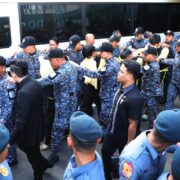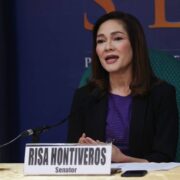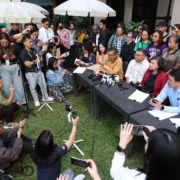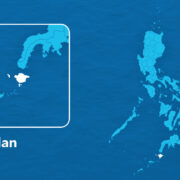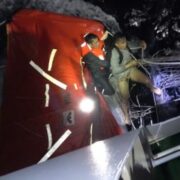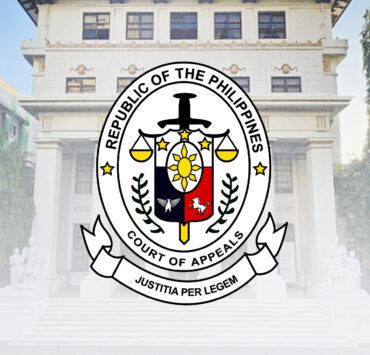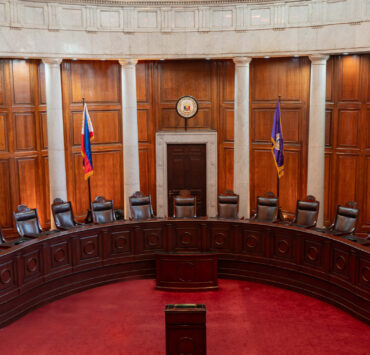Comelec sharpens rules on surveys, wary of ‘fakes’
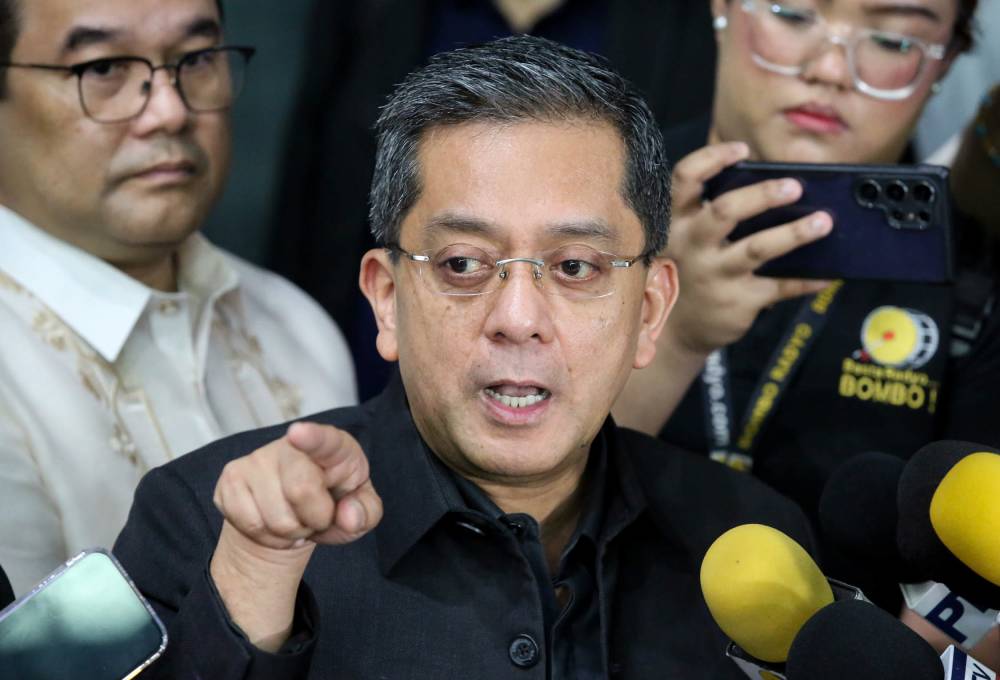
The Commission on Elections (Comelec) has adopted supplemental rules to existing regulations regarding the publication of survey results in connection with the May 12 and subsequent polls.
Under a resolution unanimously adopted by the commission en banc on Wednesday, the following are to be considered election offenses:
Failure to preregister the survey conductor; disseminating fake surveys; nondisclosure of survey sponsors and details prior to the airing or online publication of the results; and nonsubmission of a comprehensive report.
The new rule is contained in Comelec Resolution No. 11117, which supplements Resolution No. 11086 that was promulgated in December last year and laid down the implementing rules and regulations (IRR) of Republic Act No. 9006, or the Fair Elections Act.
The offenses are punishable by up to six years in prison without probation, deprivation of the offender’s right to vote and his or her perpetual disqualification from holding public office.
In an interview with reporters, Comelec Chair George Erwin Garcia said the poll body had no intention of stifling freedom of speech or expression in issuing the new regulations.
“Our message is very simple: all survey firms must register, at the same time [provide us] all with the information that we need, which the Supreme Court said we can ask them,” he said.
Garcia recalled that in April 2015, the Supreme Court upheld the Comelec’s authority to regulate surveys, including the power to get the names of those who commissioned, paid for and subscribed to the polls.
Required disclosures
“We’re not doing this to curtail the freedom of speech and expression of those conducting surveys. Our only purpose is to regulate them, so that not just anybody could conduct a survey. The Supreme Court said that surveys are allowed and that their real purpose is to influence voters. It’s like campaigning. And if we can regulate [campaigning on] newspapers, radio and television, why not surveys when their purpose is to influence voters?” he said.
Garcia said that after the publication of Resolution 11117, the Comelec will meet with the various survey firms to get their sentiments on the supplemental rules.
Resolution No. 11086 requires any person, juridical entity, candidate or organization conducting an election survey to first disclose key information to the Comelec before the publication of the survey results.
These include the name of the person, candidate, party or organization that commissioned, paid for, or subscribed to the survey; the name of the person, polling firm or survey organization that conducted the survey; the period when it was conducted; the methodology used, including the number of individual respondents and areas where they were selected; and the specific questions asked.
The Comelec should also be informed of the survey’s margin of error. For each question where the margin of error is greater than that reported for the entire survey, the margin of error for that question should also be reported.
The poll body also requires a mailing address and contact information of the survey sponsor.
The survey, together with the raw data gathered to support its conclusions, must also be available for inspection, copying and verification by the Comelec. Failure to do so shall be considered as election offense.
Resolution 11117 requires those who conduct election surveys and disseminate their results to first register with the Comelec’s Political Finance and Affairs Department (PFAD). Only preregistered entities shall be authorized to conduct and publicly disseminate election surveys.
Prospective application
This requirement, however, shall be applied prospectively. Survey firms that have already been conducting and disseminating election surveys prior to the publication of Resolution 11117 shall be given a grace period of 15 days from the date of effectivity to complete their registration with the Comelec.
During this period they may continue their operations, but failure to register within the prescribed time frame will result in the suspension of their authority to conduct and publish election surveys.
The new resolution also requires poll companies or any entity conducting election surveys to submit by email a “comprehensive report” to PFAD and the Comelec’s Education and Information Department (EID) within five days from the publication of the survey.
If applicable, the total amount spent by candidates on such surveys must also be disclosed. The commission said it might use this data to verify the candidate’s reported expenses in the statement of contributions and expenditures (Soce) that he or she is required to submit to the poll body before June 11.
Voters alerted vs fakes
Resolution 11117 directed the PFAD to develop and provide a standardized template for the comprehensive reports and upload it on the Comelec website within seven days from the publication of the resolution.
The EID shall establish a verification mechanism to authenticate election survey results and prevent the dissemination of fraudulent surveys falsely attributed to legitimate pollsters.
Any entity found disseminating falsified survey data shall be referred to the poll body’s Task Force KKK (for Katotohanan, Katapatan, Katarungan sa Halalan) for investigation.
Task Force KKK and the EID shall develop a dedicated public advisory system to promptly alert voters about potential fake surveys, ensuring access to verified and credible election information.
The new resolution said broadcast media may only air or publish an election survey if it contains the name of the entity which contained the survey along with the name of person, candidate, party or organization that commission or paid for the survey.
Such requirement also applies to survey firms publishing their materials online, particularly in social media.
Transparency, public trust
To promote transparency and public trust in the conduct of election surveys, all disclosures and required comprehensive reports will be published on the Comelec website. The commission may redact the reports to conceal sensitive personal information or legally protected data, but no entity, candidate or organization shall have the discretion to withhold the publication of the required disclosures.
Survey firms and media organizations that fail to comply with disclosure or reporting requirements shall be subject to strict penalties, which may include fines, suspension of accreditation, or legal action in case of deliberate misrepresentation of survey data.
Resolution 11117 makes unlawful the publication of preelection surveys through broadcast, internet or print media without disclosing the required information under the Fair Elections Act.
In addition to broadcast media owners and website managers already mentioned in Resolution No. 9615 (issued in 2013), the new resolution includes survey firms and their owners, as well as editors in chief, as persons and entities criminally liable for publishing surveys without the required disclosures.




